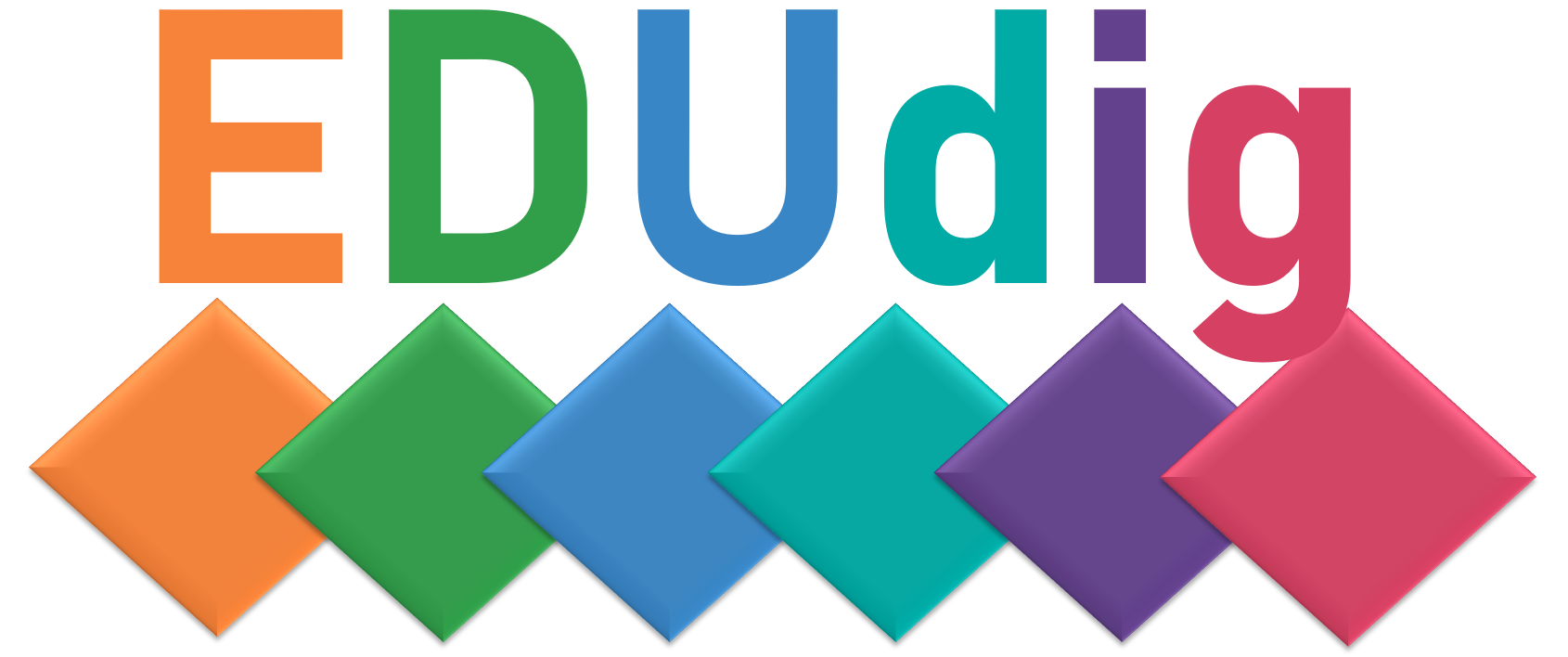3. Why should teachers engage in digitally enhanced collaborative learning?
It is widely accepted that learning experiences that are active, social and student-centred lead to deeper learning. Based on a positive interdependence of group/ team members, collaborative learning is a valid approach to meet these premises in Higher Education. Research highlights that, besides promoting the inclusion of experts [5], it also fosters the students’:
:: Learning from the viewpoints of others and listening to/ dealing with criticism;
:: development of higher-level thinking through discussion;
:: development of transversal competences, such as: self-management, leadership, collaboration and critical thinking;
:: creativity, accountability and engagement.
On the one hand, students tend to delve deeper into topics, by actively bridging different points of view with their prior knowledge, resulting in higher-order learning. On the other hand, students learn to have an active voice to express their ideas and values, acknowledging and handling differences and developing respect for others. Hence, one of the main advantages of collaborative learning is to learn to dialogue for consensus-building, which is key in general civic life. Given that collaborative learning is socially and intellectually tangled, it may contribute to prepare students for real working contexts and developing their global citizenship [6].

